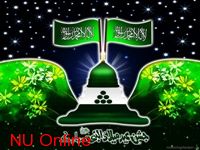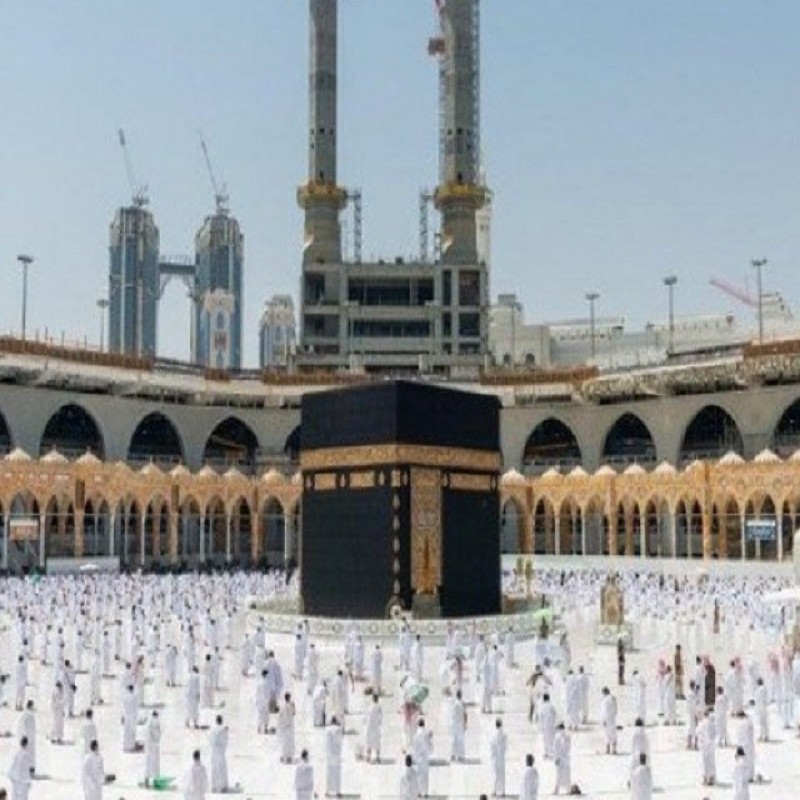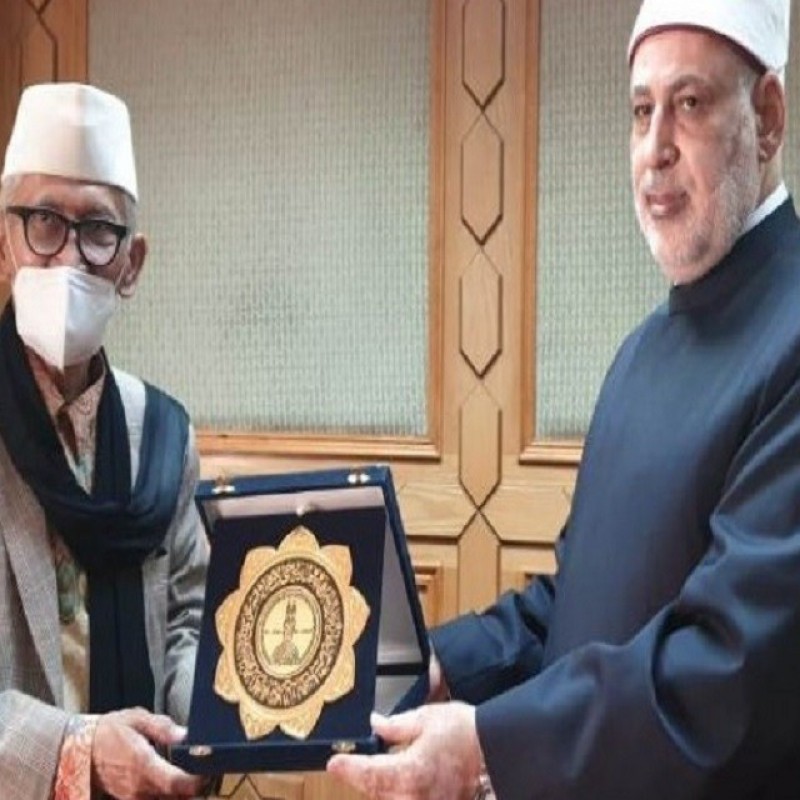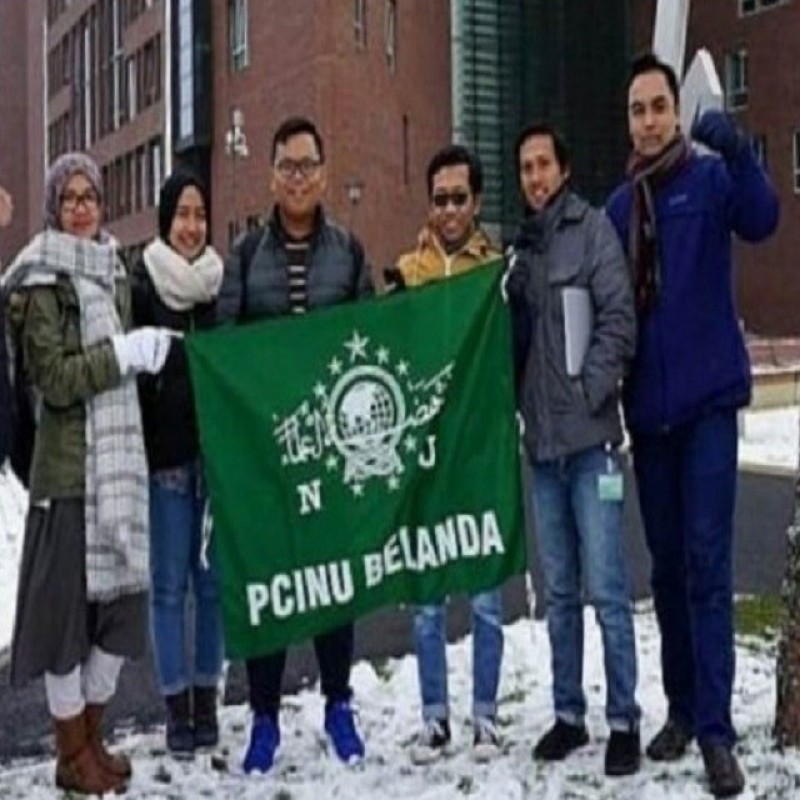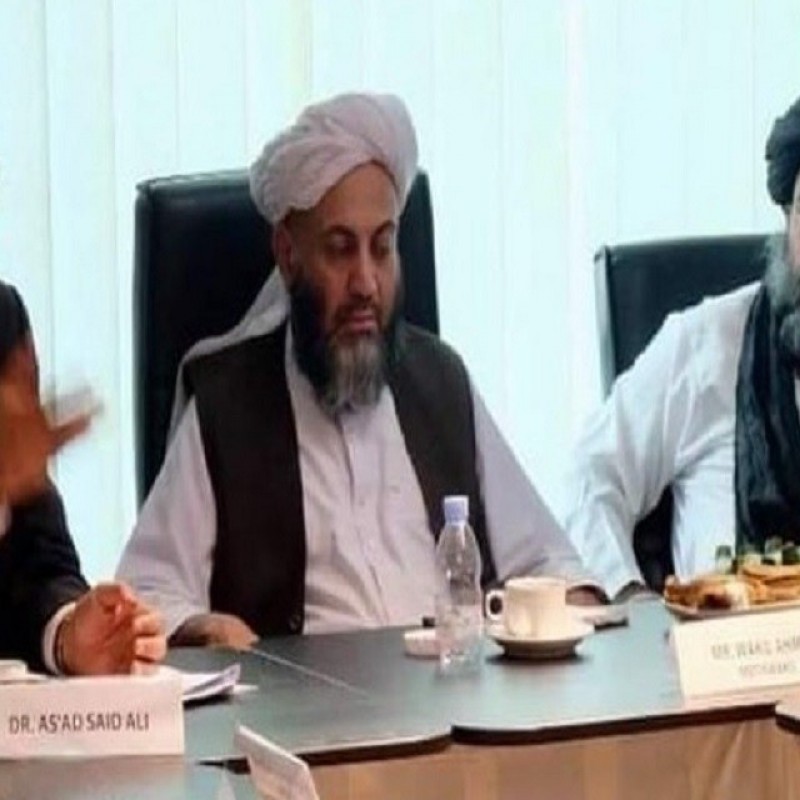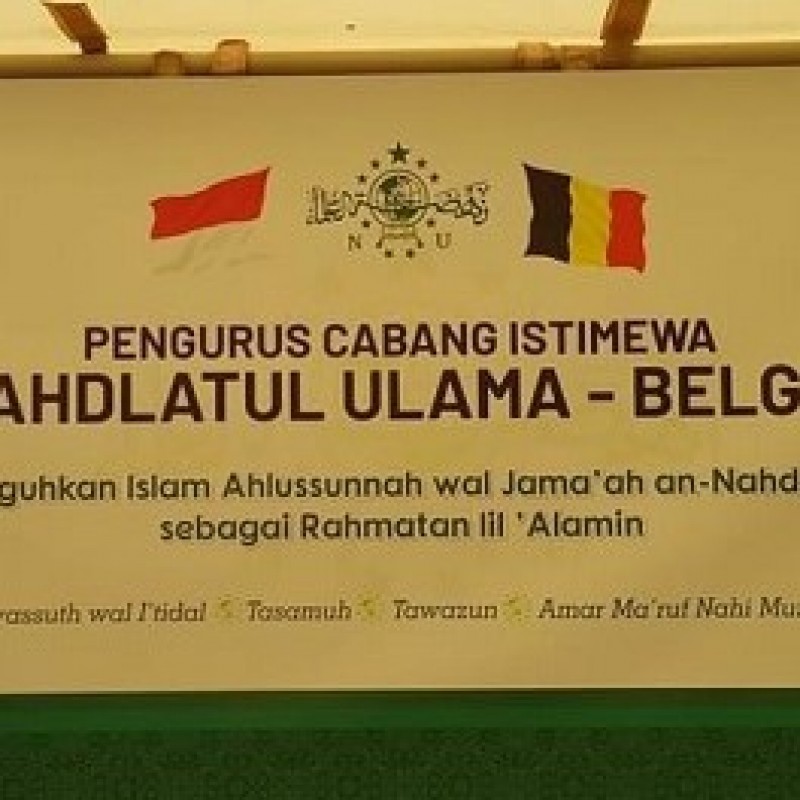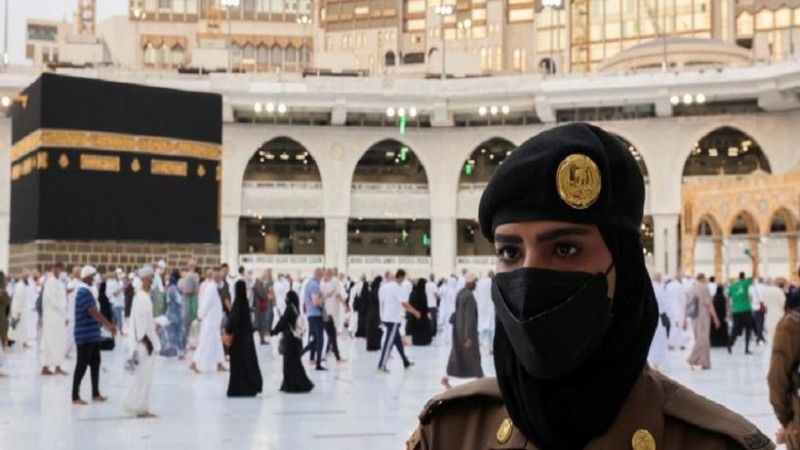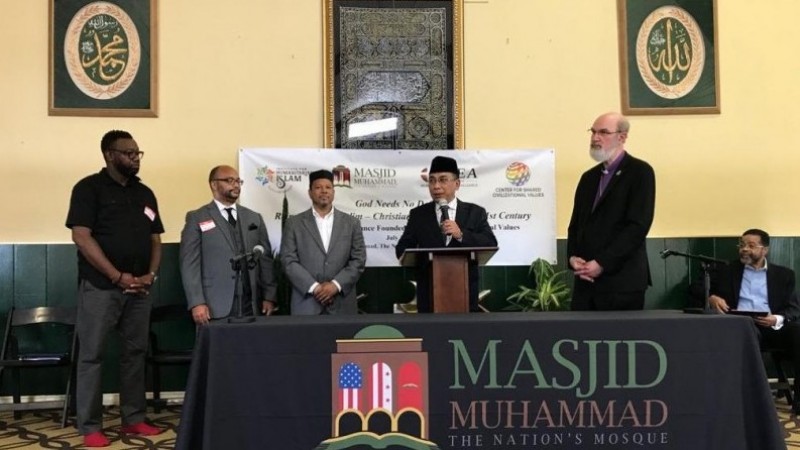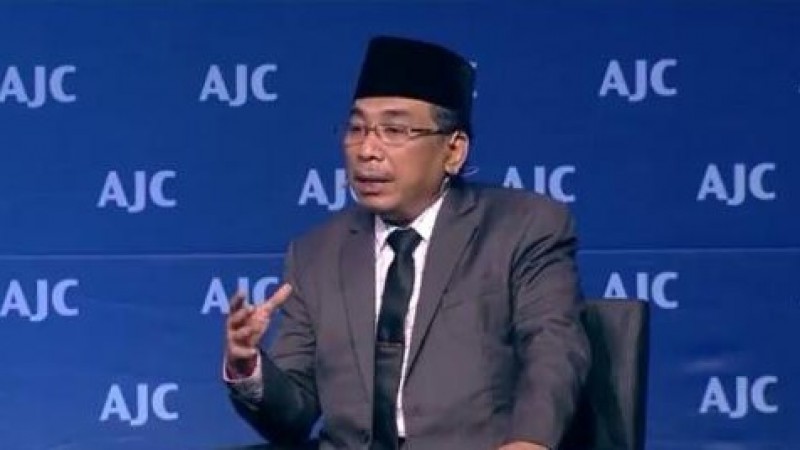Muslims joyously celebrate Prophet’s birth anniversary worldwide
NU Online · Selasa, 14 Januari 2014 | 02:48 WIB
Karachi, NU Online
In the wake of birth anniversary of Islam’s great Prophet (PBUH) on 12th Rabi ul Awwal, Muslim populations and countries around the world, including city of Karachi, and provinces throughout Pakistan, were under joyous celebrations and traditional Islamic ceremonies.<>
At Numayesh roundabout in Karachi, a city beset by decades long sectarian and mostly anti-Shia violence and killings, a show of unity between Sunnis and Shias in Islam was on display by Sunni Ittehad Council and Majlis e Wahdat ul Muslimeen (MWM) respectively. These two praiseworthy parties also light up 12,500 lamps in a ceremony called “Chiraghan”, to set up a world record of lighting most lamps at one place. Firecrackers will burst with impressive display at 12 midnight Monday (today, on birthday eve 11 Rabi ul Awwal) at Numayesh, near the tomb of founder of Pakistan Quaid e Azam Mohammad Ali Jinnah.
In Iran, a Unity Week between Sunni and Shia sects in Islam is celebrated from 12 to 17 Rabbi ul Awwal Sunni celebrated the Eid e Milad un Nabi on 12 and Shias celebrate the same on 17 Rabbi ul Awwal. This cause of disunity between Muslims was thus made a cause for week long joint celebrations and Muslim unity as was prescribed by revolutionary leader Imam Ayatullah Ruhollah Musavi Khomeini decades ago after the 1979 Islamic revolution for unity of all Muslim and non Muslim oppressed nations.
In Pakistan, the day starts off with an official 31-gun salute at the federal capital Islamabad and a 21-gun salute in provincial headquarters. The national flag is hoisted on all major public buildings, governmental, non-governmental facilities, mosques and even households are tastefully decorated and colorfully illuminated at night.
Seerat conferences are organized at both federal and provincial levels where religious scholars and intellectuals come and shed light on the Prophet Muhammed’s life, sayings, teachings and philosophies. Naat (poetry written in praise of the Prophet) and Koran recitation competitions are also held where prizes are distributed among people who perform outstandingly in the above stated disciplines.
Many people also donate to charity. Food and sweets are distributed among the poor and the needy. Moreover, contributions are made to support orphanages, asylums for the physically and mentally challenged, and widows.
Special prayers are offered at mosques. Religious leaders and scholars preach the Prophet Muhammed’s teachings. Stories and incidents from his life of morals, such as forgiveness, kindheartedness, bravery, wisdom, honesty, and peace lovingness, are quoted.
Milad-un-Nabi congregations, rallies and processions also take place in major cities across Pakistan. These processions usually start from a central location (central mosques or locations of public prominence), pass through designated routes, and end at the starting point.
Eid Milad-un-Nabi is a public holiday in Pakistan. All government and semi government offices, and most private offices, businesses, shopping malls, post offices and educational institutions are closed on this day.
Those wishing to travel via public transport on the day will need to contact the local transport authorities on the public transport availability. Traffic may be disrupted because of Milad-un-Nabi processions on major routes.
The first public celebrations of Milad-un-Nabi occurred in Egypt towards the end of the 11th century. It was primarily a festival of the Shia ruling class. The celebrations featured Koran recitations, animal sacrifices, public sermons and feasts.
The first public observance of Milad-un-Nabi by Sunnis took place in 12th century in Syria under the rule of Noor-un-Din Zangi. In 1910 it was given the official status as a national festival throughout the Ottoman Empire. Milad-un-Nabi is now an official holiday in many Muslim countries throughout the world.
Green colored pennants are often seen during Milad-un-Nabi processions, on shrines and mosques. Green is a color associated with the Prophet as being one of his favored colors. It is said that the Prophet chose a green colored flag to represent the Islamic republic during his life. Candles and oil lamps (Chiraghan) are lit on the eve of 12 Rabi-ul-Awwal to welcome the Prophet’s arrival and to celebrate his birth.
Editing by Sudarto Murtaufiq
Terpopuler
1
Khutbah Jumat: Ramadhan dan Kesempatan yang Tidak Selalu Terulang
2
Keluar Mani yang Tidak dan Membatalkan Puasa
3
Khutbah Jumat: Ramadhan, Melatih Sabar, Memperkuat Syukur
4
Khutbah Jumat: Tiga Kebahagiaan Orang Puasa
5
Kultum Ramadhan: Keutamaan Tarawih dan Witir
6
Khutbah Jumat: 4 Cara Menghidupkan Malam Ramadhan dengan Ibadah
Terkini
Lihat Semua

